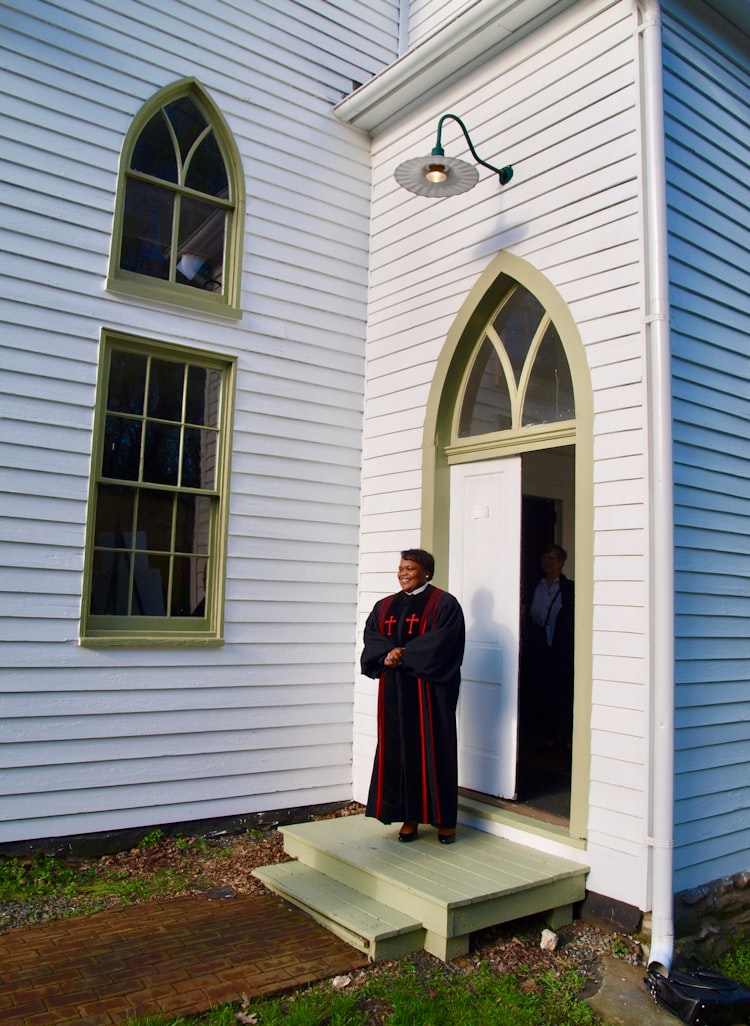Misused Scripture: Jeremiah 17:9

Wormism is the notion, particularly popular in certain expressions of Christianity, that you and I are nothing but lowly, nasty, dirty worms. We're untrustworthy, "prone to wander,"[1] and utterly despicable.
Some Christians agree with this worm-like categorization due to original sin and The Fall of Genesis 3[2]. Scripture says that even our righteousness is as filthy rags. And this was indeed preached to me. The very best thing that we could ever possibly do or become is, in comparison to the goodness and righteousness of God, absolute manure.
A particularly fun dimension of being a worm is that we cannot trust ourselves. This was hammered home thanks, in part, to Jeremiah 17:9—
The heart is deceitful above all things
and beyond cure.
Who can understand it?
Whenever a movie or show would use a line like, "What does your heart tell you?" that was an excellent opportunity for the youth pastor to show up and say, "That's terrible advice! Your heart is deceitful above all else. Lean not on your own understanding. Of all things, your heart is the thing not to trust!"
In fact, as a worm, your heart—including your conscience and experience—was never to be put forward as adequate evidence of something being right or wrong. You can see this logic at work, for example, in the National Association of Evangelical's statement on Capital Punishment:
As evangelicals, we believe that moral revulsion or distaste for the death penalty is not a sufficient reason to oppose it.[3]
Here it is, as clear as can be. You can find something morally revolting, but for goodness' sake, that certainly doesn't mean it's wrong.
A similar logic is at work when modern readers of the Bible proudly declare they have no issue with God commanding genocide in the Torah, Joshua, and Judges. While you may have a problem with such violent behavior, they argue, this is, in fact, only proof of your deceitful heart and weak stomach for divine judgment.
Of course, one could just as easily respond, "The fact that you think God decreeing mass murder is somehow good is but a sign of your own deceitful heart." And around and around the argument would go until, at last, someone would run themselves through with a sword out of misery and frustration.
However, this wormism, along with the assumption that statements like Jeremiah 17:9 are the final word on the untrustworthiness of the human heart, is an incredibly selective—and, let's be clear, faulty—reading of Scripture.
Instead of the assumption that the human conscience and heart are irreparably broken, you could begin instead with Genesis 1 and the image of God. You could start with Jesus' statement that you—yes you—are the light of the world.[4] When building a theology of the human conscience, why begin with "the heart is deceitful above all things," when you could start with, "The Spirit of Truth will lead you into all truth"[5]?
In fact, taking wormism and Jeremiah 17:9 as a sign of the utterly, irredeemably broken state of the human heart and conscience falls down on its face considering that the Bible is meant to read as a wisdom-, knowledge-, and rigtheousness-inducing book. Sure, perhaps the human heart is deceitful. But Scripture also assumes that it's not going to stay that way. It's possible—assumed—that the human heart can learn, grow, and gain wisdom. If the heart is deceitful, that's it, end of story, then there's no point in assuming that you are capable of reading even that verse and understanding what it means. It's a self-defeating statement, if taken literalisticly.
Of course, within the realms of the church, Jeremiah 17:9 is rarely used to question hierarchies of authority, power, and dominion. Surprise, surprise, it's used to bolster them up instead. You, O peon in the pew, cannot trust your deceitful heart. Here, let me, the learned reverend, prophet, pastor, and priest show you the way to knowledge.
It is this sort of (mis)reading that leads to spiritual, physical, and sexual abuse in the church. It's the underlying mal-theology that leads to patriarchy, misogyny, white supremacy, homophobia, and transphobia. Women are not capable of leading; leave it to the men. BIPOC folks aren't really discriminated against; it's their deceitful hearts making excuses for the faults of their culture. LGBTQ people aren't really attracted to the same sex; aren't really experiencing gender dysphoria; aren't really experiencing trauma and abuse in the name of Christianity. It's their deceitful hearts telling them they are. Let us straight, white, cis, male pastors fix you right up. Hey, why are you running away?
The other infuriating thing about Jeremiah 17:9, Home of the Deceitful Heart®️, is that that's probably not even what it says!
Most English translations heavily rely on the Masoretic text to translate the Hebrew Bible. And while scholars have significant reasons to trust that the Masoretic text is a reliable record of the Hebrew Bible, the oldest fragments of it date to the 800s CE. That's more than 1,000 years after Jeremiah would have been written and compiled.
Compare that to the Septuagint. While the Septuagint is a Greek translation of the Hebrew Bible (one language away from the original), our earliest fragments date to 200-100 BCE. That's much closer to the original composition date of Jeremiah.
While the Masoretic text says the heart is deceitful (Maybe. We'll get to that in a second), the Septuagint says the heart is "deeper than all things; a person is also. And who will understand him?" Jeremiah's answer is that God will understand the human heart, even if it is deeper than everything.
That's quite a translation difference! The issue isn't that your heart is so twisted and deceitful that you can't trust it. The issue is that the heart is unfathomable. You could attempt to put down anchor within it and never hit the bottom. For Jeremiah, the purpose of pointing out this depth is not to gaze upon your own profundity but to call out God's deep understanding.
This is quite the retort to the youth pastor who says you can't trust your own heart. "My heart is actually so profoundly deep that no one but God can understand it, thank you very much." And while you probably shouldn't shove the pendulum the other direction and get high off your own dope, you also don't need to be mired in self-doubt, thinking that everything you want is wrong because it springs from your deceitful heart.
And, seriously now, that's how I spent much of my teenage-into-college years. I assumed that if I wanted something, it must be wrong because, deep down, I was an ugly, deceitful worm. And by "teenage-into-college years," I actually mean even now into my ever-so-wise 30s. My therapist often asks me, "But what do you want?" I glare at her because she knows I assume my wants are sinful, evil, and wrong.
More modern Bible translations have taken a new approach to Jeremiah 17:9. The Common English Bible asks, "The most cunning heart—it’s beyond help. Who can figure it out?" This isn't quite as dire as the more traditional approaches.
But I suspect that the Septuagint is getting closer to the intended meaning, as well as closer to the Bible's overall view of humanity. Undoubtedly, as a species and as individuals, we are capable of self-deception and true evil. However, the biblical assumption is that that is not our natural state, nor the state that we will be stuck in forever and ever amen.
The human heart is quite capable of discovering truth, beauty, and goodness. It can grow. It does have the ability to sort right from wrong and respond accurately to reality and divine revelation. And it is not to be set aside because it is incurably deceitful.
I am not a worm. I don't have to assume that everything I want is evil. My heart is deep and profound and beautiful, and God will reside within it as Their temple, as the human and the divine become One.





Member discussion